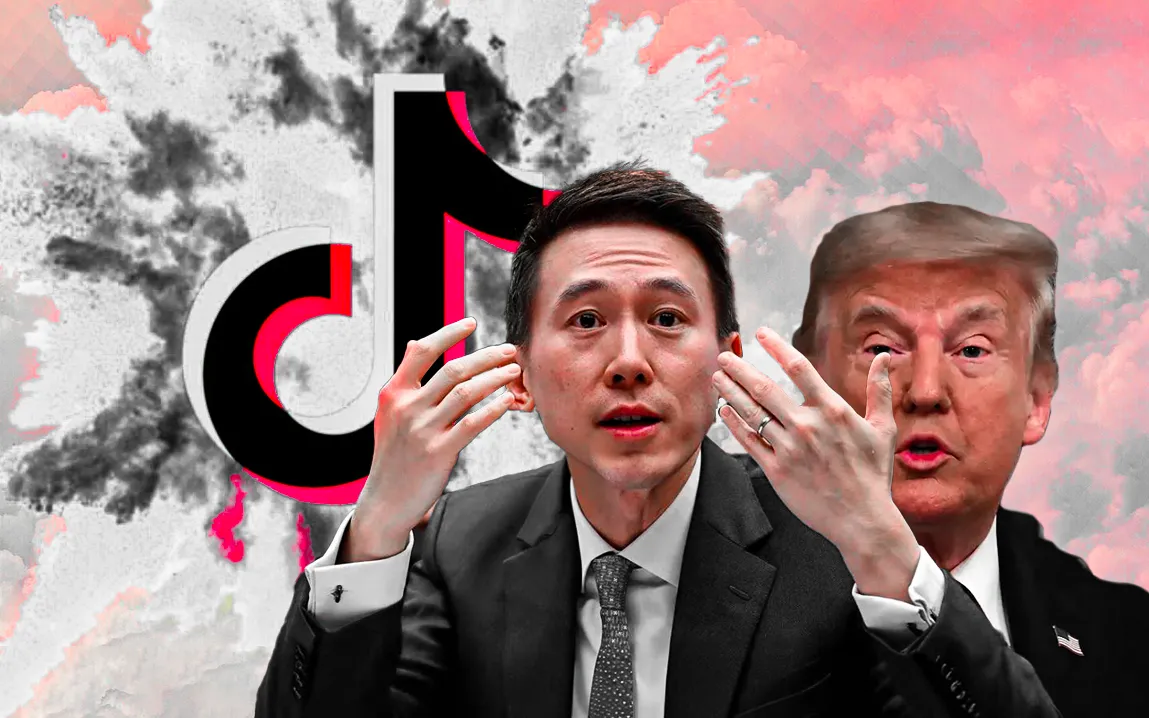President Donald Trump has signed an executive order postponing the TikTok ban by 75 days, suggesting U.S. government ownership of half of TikTok’s U.S. business and warning of potential tariffs on China if an agreement isn’t reached.
President Donald Trump made history on Monday by signing an executive order postponing by 75 days the statewide ban on the TikTok app, which makes short videos. Originally scheduled to go into effect on January 19, this has been delayed as the administration determines the appropriate course of action to deal with TikTok’s operations in the US.
As a result of national security issues, the Chinese parent company of TikTok, ByteDance, was mandated to sell its U.S. operations by January 19 through the bipartisan Protecting Americans from Foreign Adversary Controlled Applications Act (PAFACA), which the Supreme Court allowed to stand. ByteDance’s failure to comply led to a temporary shutdown of TikTok services in the U.S. on January 18. However, services were restored on January 19 after President-elect Trump indicated his intention to issue an executive order extending the deadline.
President Trump’s executive order not only delays the ban but also suggests that the U.S. government should own half of TikTok’s U.S. business as part of any agreement to keep the app operational. He warned of potential tariffs on China if an agreement isn’t reached, stating, “If we create that value, why aren’t we entitled to like half?” This proposal is unprecedented, as the U.S. government has never demanded an equity stake in a major company in exchange for approving its continued use.
The legality of President Trump’s executive order is under scrutiny, as it circumvents a law passed by Congress and upheld by the Supreme Court. Representative Frank Pallone criticized the order, stating that it is “circumventing national security legislation passed by an overwhelming bipartisan majority in Congress.” The situation remains uncertain with questions about regulatory compliance and national security concerns unresolved.



